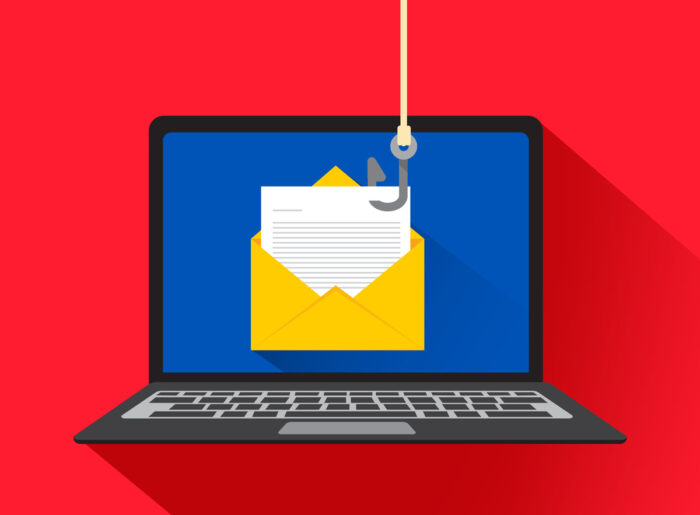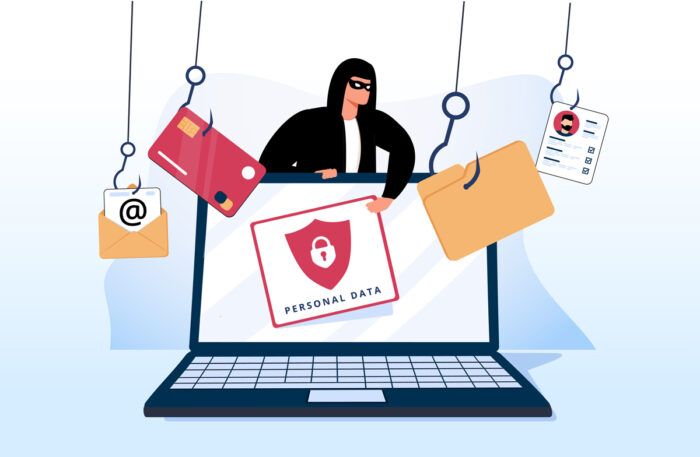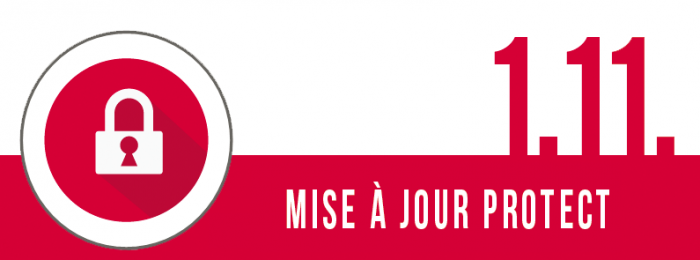The evolution of remote working, the adoption of cloud solutions, the hybridisation of information systems, and other factors increase the vulnerability of companies to cyber threats. While attackers targeted infrastructures a few years ago, today they target humans and rely on users’ lack of vigilance. And what better way to attack than with email?
Therefore, business email poses a risk to the protection of company data. Fortunately, there are sovereign solutions that provide better security. Here are some explanations.
Business e-mail: the most common target for cyberattacks
 Email is a privileged entry point for cyberattacks, with nearly 300 billion emails sent each day. This communication channel allows companies to share data and information that is more or less confidential. The opportunities for cybercriminals are especially high in these exchanges. This is shown by the numbers: 83% of respondents said their company had experienced at least one successful email phishing attack in 2021*.
Email is a privileged entry point for cyberattacks, with nearly 300 billion emails sent each day. This communication channel allows companies to share data and information that is more or less confidential. The opportunities for cybercriminals are especially high in these exchanges. This is shown by the numbers: 83% of respondents said their company had experienced at least one successful email phishing attack in 2021*.
Sending harmful attachments, sharing malicious links, and requesting bank details are all techniques used to trap email recipients. Without greater awareness among employees and appropriate tools, companies are exposed to the risk of data breaches, which can have disastrous consequences.
How can we prevent cyberattacks? The answer is not so easy. The sophistication of hackers is increasing, and there is no such thing as zero risk. Nevertheless, it is possible to minimize the risk and improve the protection of your data by taking particular care when choosing a professional email provider.
The solutions managed by the GAFAM are not sovereign innately. They collect data and store it in datacenters not subject to European sovereignty rules. Therefore, it is not possible to ensure their confidentiality and maintain control of them as a company. Moreover, their messaging systems are closed code software, reinforcing the dependence on a supplier, with no transparency on the processing, contrary to the principles of digital sovereignty.
However, solutions exist and offer real alternatives: open-source messaging systems.
What is a good professional e-mail service?

Between the requirements of sovereignty and cybersecurity, what is the ideal business email solution?
The ideal business e-mail solution is sovereign
It is obvious that it is an email messaging system developed by a European editor, or an open-source project. The latter provides more transparency as to how it works and the responsiveness of a community to fix potential weaknesses. Be careful, though. There’s no point in having a local partner if your hosting company doesn’t meet all the sovereignty requirements.
The ideal messaging system is therefore made up of software published in Europe, operated by a service provider under European law who hosts it on infrastructures in Europe, secured in accordance with European recommendations.
The ideal business e-mail solution is secure
A well-designed business email system includes a complete security arsenal. The security solutions integrated in the standard versions of professional messaging systems (antispam, smtp relay…) are often not enough. Many companies do not invest in additional security solutions. Until the day they are victims.
A sound professional email system must therefore include the best technologies to ensure email filtering, but also the proper delivery of emails, while protecting the reputation of the email domain. This is something that few email systems offer by default.
To protect against email cyberattacks, the ideal messaging system must respect several criteria. First, choose a sovereign hosting partner, then a European email provider. To go further, companies can select an open-source solution, thus ensuring the transparency of the software code. Finally, additional security solutions should not be underestimated for a total protection of the messaging system.
* Rapport « State of the Phish » 2022


